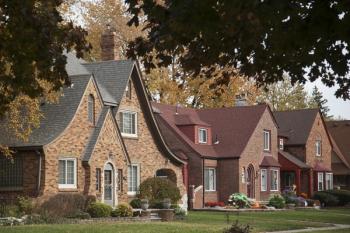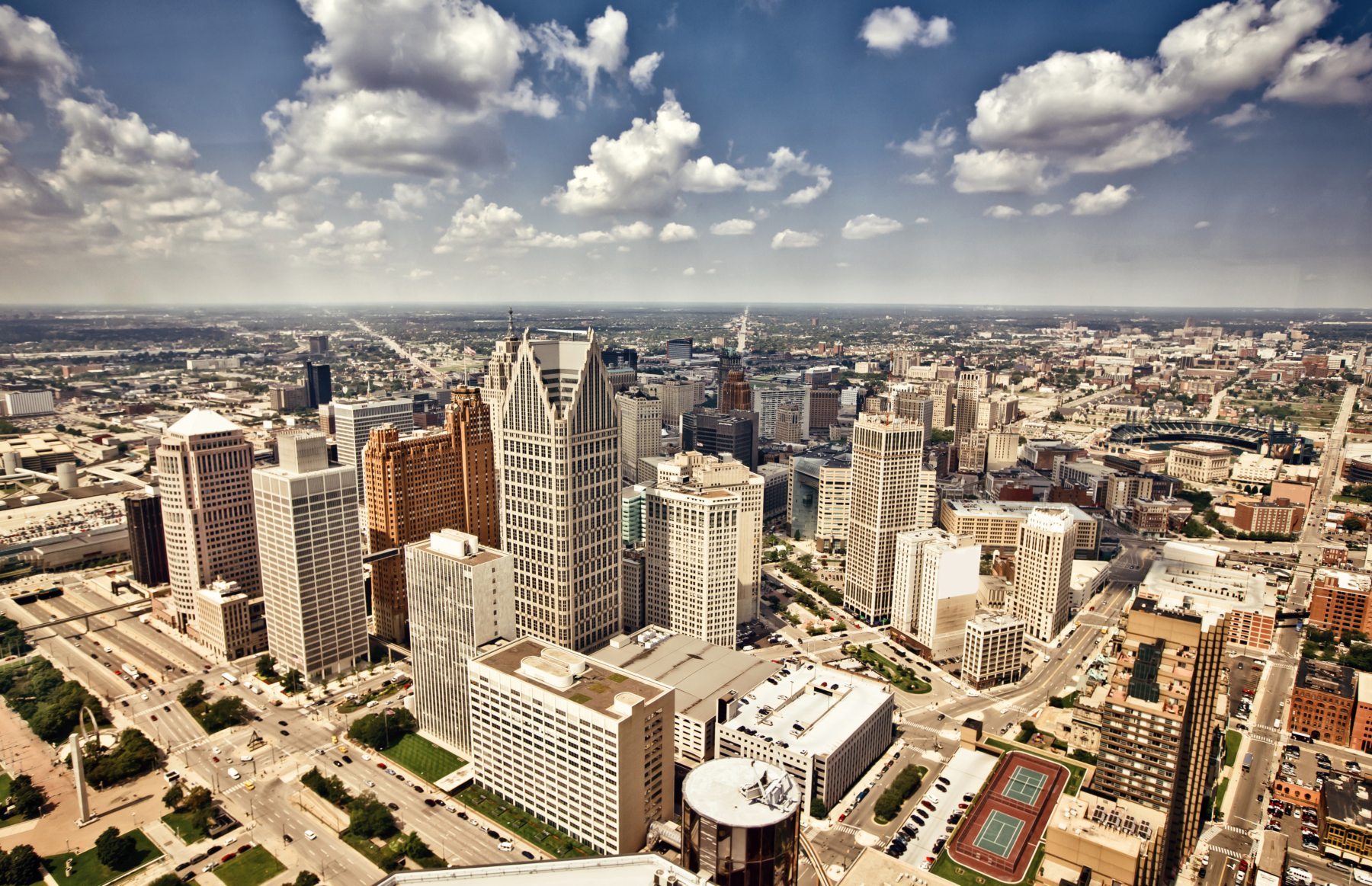
Detroit's housing market has experienced remarkable growth, marking its evolution from a struggling real estate sector to one of the most vibrant in the United States. Recent data shows that Metro Detroit has surpassed Miami as the fastest-growing housing market in terms of home appreciation, with prices rising by 5.2% year-over-year in late 2023. This trend reflects both increased demand for housing and strategic urban revitalization efforts in the city.
Key Drivers of Growth
- Economic Recovery and Urban Investments
- Detroit's economy has been bolstered by significant investments in infrastructure, technology, and entrepreneurship. Initiatives led by local and state governments, along with private investors like Dan Gilbert’s Bedrock real estate group, have revitalized areas such as Downtown Detroit and the Detroit Riverfront. These developments have attracted both businesses and residents back to the city.
- Affordable Housing Opportunities
- Compared to other metropolitan areas, Detroit remains relatively affordable despite rising prices. Neighborhoods like Morningside and Rosedale Park offer opportunities for buyers to purchase properties at lower prices, with the potential for high returns through renovation and appreciation. However, some areas like Indian Village are already commanding premium prices.
- Inventory Shortages
- A reduction in housing inventory, with levels dropping by over 20% in 2023, has created a highly competitive market. Limited availability of homes has intensified demand, driving up prices and often resulting in bidding wars in desirable neighborhoods.
- Overvaluation Concerns
- Detroit has been flagged as one of the most overvalued housing markets, raising questions about the sustainability of the rapid price growth. While this presents opportunities for current sellers, potential buyers are cautious about purchasing at peak market values.
Capital Appreciation and Market Dynamics
The rising property values in Detroit reflect the city's broader transformation. Investors are increasingly drawn to its potential, seeing opportunities for both short-term gains and long-term stability. For example, neighborhoods undergoing redevelopment have become hotbeds for new construction and renovations, creating diverse housing options. However, the rapid appreciation also poses risks of a market correction if growth outpaces economic fundamentals.
Impacts on Residents and Communities
- Homeownership Benefits:
- For homeowners, rising property values translate into increased equity and wealth-building opportunities. Long-term residents, especially those in historically undervalued neighborhoods, are benefiting from the surge in demand.
- Affordability Challenges:
- The downside of rising prices is reduced affordability, which disproportionately affects lower-income residents. Efforts to balance growth with affordable housing initiatives are critical to maintaining inclusivity in the city's revitalization
- Urban Revitalization:
- The housing boom complements Detroit's broader urban renewal strategy, with enhanced public spaces, transportation networks, and cultural landmarks attracting new residents and boosting tourism.
Future Outlook
Detroit's housing market shows no signs of slowing in the near term, supported by sustained demand and ongoing investments. However, stakeholders must address the risks of overvaluation and ensure that growth does not exacerbate inequality. Strategic planning and policy interventions will be essential to balance the benefits of capital appreciation with the needs of Detroit's diverse population.
In summary, Detroit's booming housing market is a testament to its economic and cultural resurgence. By fostering a balanced approach to development, the city can sustain its upward trajectory while remaining accessible to all.

